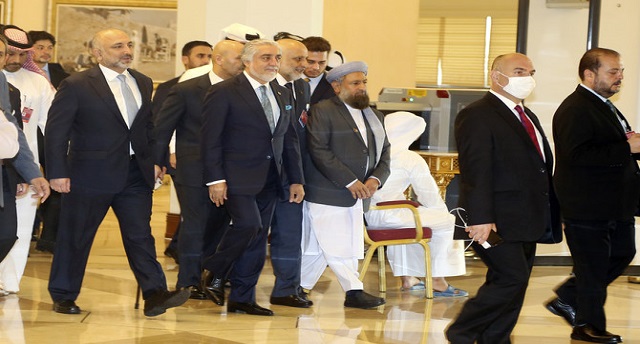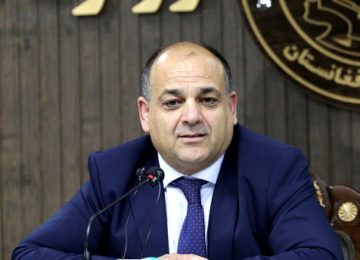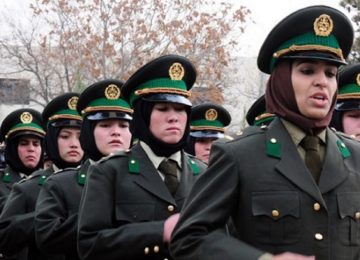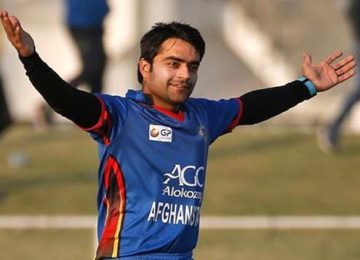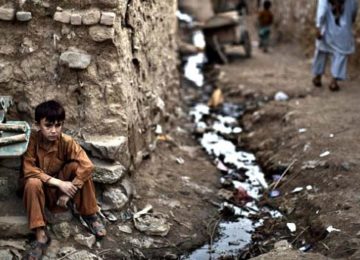September 15, 2020

The intra Afghan Peace dialogue commenced on September 12, 2020 in Doha (Qatar), between the Taliban and Afghan government. The 21-member Taliban delegation is headed by Maulvi Abdul Hakim Haqqani – a close associate of the founding leader of Taliban, Mullah Omar. Most of the members of the delegation have a background in religious education. While the Afghan government delegation also comprises of 21 members. The significance of this development lies in the fact that it is for the first time that the two sides sat together and started negotiating the future of Afghanistan, since the US launched war against terror in Afghanistan back in 2001. After the opening ceremony of the talks on September 12, contact groups were formed between the two sides to hold official negotiations. Other than the two sides, the opening ceremony was attended by Abdullah Abdullah – the head of the High Council for National Reconciliation, and Mohammad Haneef Atmar, acting Minister of Foreign Affairs, Mike Pompeo and US envoy to Afghanistan – Zalmay Khalilzad.
The Afghan government’s contact group is comprised of seven members including Mohammad Masoom Stanekzai, Nader Nadery, Zarar Ahmad Muqbil, Fawzia Koofi, Enayatullah Baligh, Mohammad Natiqi and Khalid Noor. Whereas the Taliban contact group includes five member, Mawlawi Abdul Kabir, Abbas Stanekzai, Noorullah Noori, Shaikh Delawar and Shaikh Qasim. The first meeting between the contact groups was held on September 13, 2020.
Salient points from intra-Afghan dialogue so far, are as below:
- The talks until now have remained focused on the contextual analysis, participants and the TORs of the committee. The real discussion related to peace in Afghanistan has not started yet.
- The two sides, despite their differences, share commonality as far as their desire to live in an independent and sovereign country is concerned.
- On the part of Afghan government, democracy, elections, women and minority rights, freedom of speech, civil and political rights form the bedrock of its agenda.
- The Afghan government is of the view that there should be conditional withdrawal of the foreign troops.
- The Afghan government is of the view that there should be gradual ceasefire throughout the country leading to humanitarian ceasefires and then nationwide permanent ceasefire.
- While on the other hand, Taliban wants a government in accordance to Rule of The Holy Quran and Hadith, and the interpretation of Sharia according to Hanafi school of thought.
- The exclusion of women from the Taliban delegation has raised concerns among international community regarding women rights in future Afghanistan.
- The intra-Afghan dialogue can hinge on the Taliban offering a ceasefire in exchange for the release of more of their jailed fighters.
- Taliban also favor positive relations with neighbors and the rest of the world in the future like their counterparts.
The author Tooba Altaf is an International Relations’ graduate, while working as a Researcher at Center for Research and Security Studies (CRSS), Islamabad.
© Center for Research and Security Studies (CRSS) and Afghan Studies Center (ASC), Islamabad.



